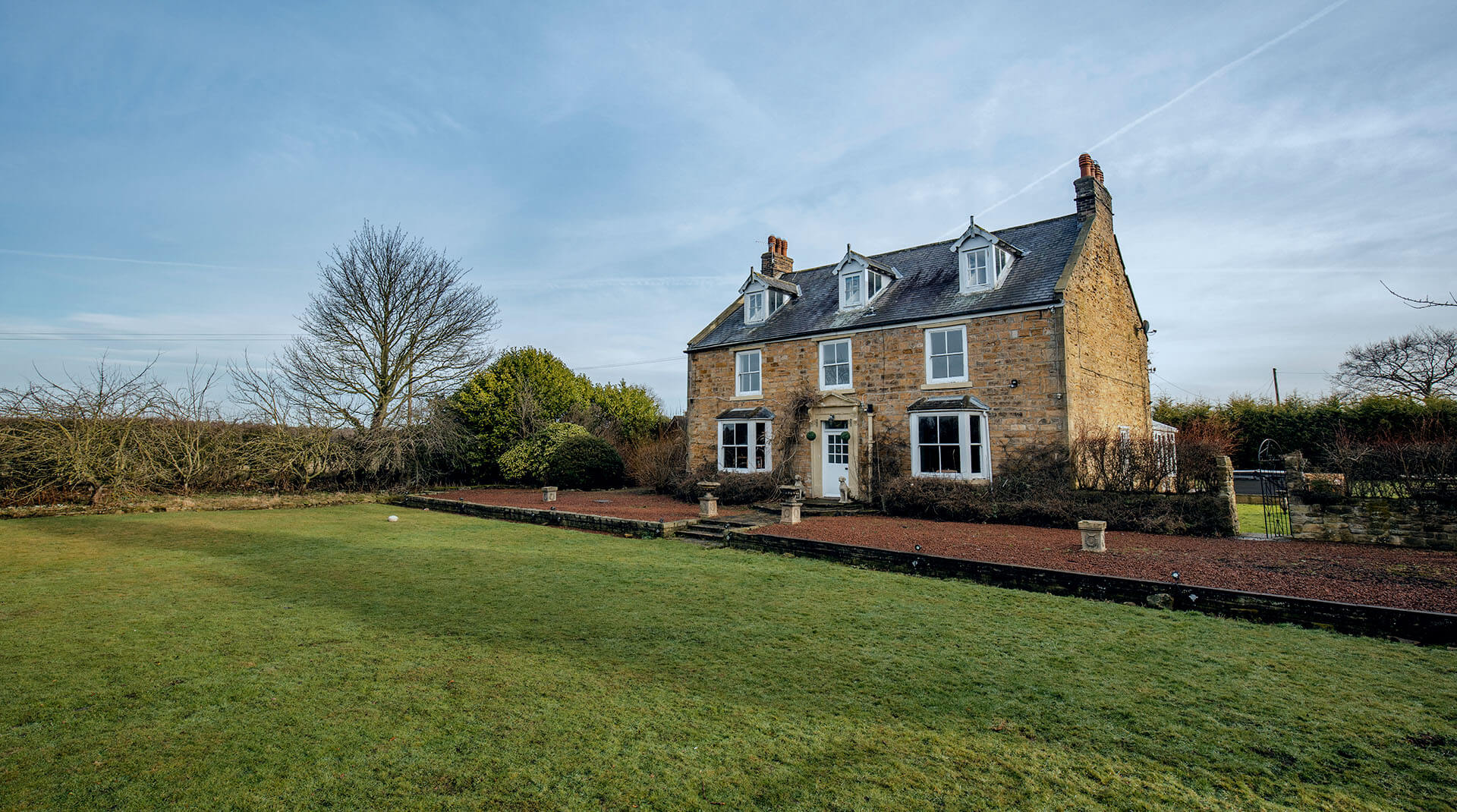1st September 2025 | Asha Ngai | Residential Property
The residential property sector is in the midst of major legislative change. With the Leasehold and Freehold Reform Act 2024 now partly in force, and the ongoing impact of the Building Safety Act, agents, landlords, and leaseholders alike need to stay alert to what’s new, what’s coming, and what it all means in practice.
Below, we summarise key insights from a recent presentation by Asha Ngai, Partner and Head of Residential Real Estate at Sherrards Solicitors LLP.
Leasehold and Freehold Reform Act 2024: greater fairness, but not without complexity
The Leasehold and Freehold Reform Act 2024 aims to make leasehold ownership fairer, more transparent, and easier to manage. Key changes include:
- Lease extensions: Leaseholders of both flats and houses can now extend their leases to 990 years with peppercorn ground rent, removing the previously unaffordable long-term costs.
- No two-year ownership requirement: Leaseholders can now extend or purchase their freehold without waiting two years.
- Landlord cost rules: Leaseholders are no longer automatically expected to cover landlords’ legal costs when challenging bad practice.
- Building insurance commission ban: The Act bans opaque commissions on insurance, aiming for fee transparency.
- Redress schemes: More access for leaseholders to challenge poor practices.
- Quicker sales: Maximum times and fees will now apply to the provision of home buying/selling information.
- End of forfeiture: Forfeiture as a lease enforcement mechanism will be removed.
- Marriage value changes: Leaseholders will no longer need to pay half the marriage value when extending leases.
However, implementation will take years, not months. Around 30 pieces of secondary legislation are expected. A Judicial Review by freeholders could delay parts of the Act, and leaseholders remain uncertain about whether to act now or wait, especially those near the key 80-year lease term mark.
If a lease is around 80–82 years, don’t wait, seriously consider extending now.
Building Safety Act: clear obligations and criminal penalties
Since June 2022, the Building Safety Act (BSA) has placed direct responsibility on landlords for historic building safety defects. The rules apply regardless of ownership structures and ignoring them can now carry criminal penalties, including potential prison sentences of up to 10 years.
Key implications for leaseholders include:
- Greater transparency: Leaseholders must now be engaged in fire risk assessments and building safety planning.
- Loss of protection risk: Those granted lease extensions after 14 Feb 2022 may not be covered by BSA protections, seek legal advice.
- Costs recovery: Residents in RTM or RMC arrangements can use Remediation Contribution Orders to recover costs and share them across leaseholders via service charges (where leases allow).
- Insolvency protections: Funds recovered for safety works must go to building safety, not creditors. Regulators can now liaise with Insolvency Practitioners and residents during such proceedings.
Looking ahead
Both the Leasehold Reform and the BSA are reshaping how leasehold property is owned, managed and valued. Yet, the real-world benefits for leaseholders are still evolving, and much depends on upcoming regulations and the outcome of the Judicial Review.
For now, residential property professionals should stay closely informed and advise clients based on the current law, not future promises. Collaboration between legal and valuation experts remains critical in this changing landscape.
At Sherrards Solicitors, we have extensive experience handling all aspects of acquiring, financing, and selling residential properties. Our clients range from individuals purchasing their first home to investment companies with large residential portfolios and fund managers engaged in complex residential transactions.
Please note that statutory lease extensions and matters relating to the Building Safety Act 2022 are specialist areas within our firm. While Asha Ngai and her team can advise on a broad range of residential real estate issues, statutory lease extensions are handled by other dedicated specialists within Sherrards.
We do not advise on the application of the Building Safety Act, building height issues, or the requirements for landlord and leaseholder certificates (including EWS1 forms). Clients are advised to seek specific advice from their surveyor in these matters. However, our Property Litigation team can assist with certain Building Safety Act-related legal issues. Please contact us if you require further information or a referral to the appropriate specialist within our team.
To find out more, contact the Residential Real Estate team here, or contact Asha Ngai.


